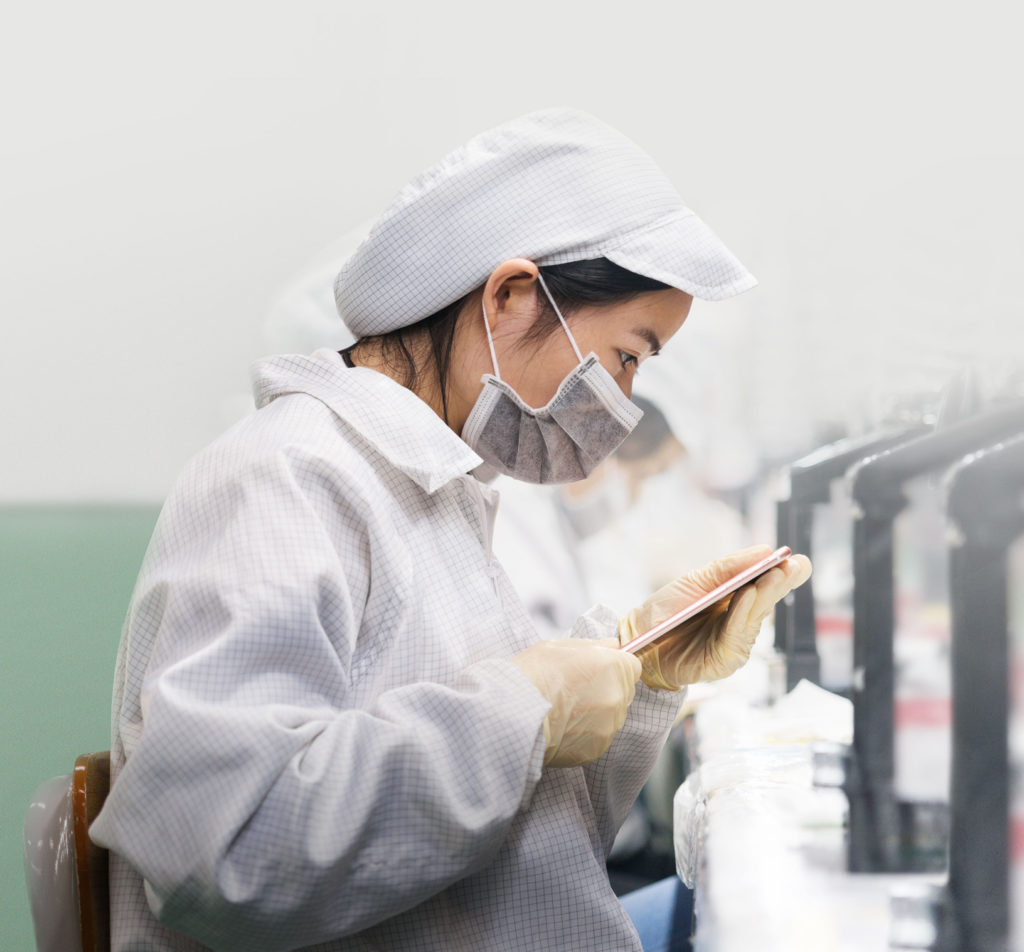Apple Wants Competitors To Copy Its Conflict Minerals Stance

Apple published its 2017 Supplier Responsibility Report today. The report provides lots of information about how the company works with suppliers, including its determination to make sure people aren’t dying just so you can have an iPhone, or any other electronic device.
It Needs Some Help
Apple needs some help achieving this. Right now it is attempting to end a trade which wouldn’t exist if other manufacturers imitated its actions in the sector.
Paula Pyers, Apple’s senior director of supply chain social responsibility, spoke with BuzzFeed News about the report, what she said about conflict minerals is particularly important.
“If more companies do not come to the table to press for change through their own supply chains, particularly in the absence of regulation, the types of systemic change we are all seeking are frankly not going to occur,” she said.
One big thing Apple has done is publish a list of its cobolt smelters, which means other electronic firms have an easy way to find approved sources – a move most see as a useful first step toward improvement.
She’s right, of course — so long as cheap tech firms value profits over people, the conflict minerals trade will continue.
What Are Conflict Minerals?
Most tech devices use different quantities of precious minerals, such as cobolt, tungsten and more.
Much of the world’s supply of some of these materials is in and around relatively unstable countries, such as the Congo.
This has led to a situation in which local gangsters have taken control of the mines, which they exploit with a combination of slave, forced, and child labor. Profits made from the trade are ploughed back into further conflict, creating an endless cycle of death and misery and undermining attempts to create legitimate trade.
Many of the biggest names in tech continue to pay lip service, while quietly profiting from other people’s suffering.To understand the scale of that suffering, “It’s estimated that 5.4 million people died between 1998 and 2007 in the DRC as the result of a civil war partially funded by proceeds from control of conflict mineral mines,” reports BuzzFeed News.
Until the recently elected U.S. president tore himself away from his golf for just long enough to win an election, the U.S. had a law in place to force companies to do something to stop people dying for your electronic devices. That law has now been shelved.
Doing The Right Thing
Apple has no intention of ceasing its efforts to combat trade in conflict minerals just because it can. It knows the decision to end these restrictions has generated huge concern among those countries in which such exploitation takes place, and Apple says it is committed to meeting these concerns.
As part of this, the company is attempting to create an ecosystem in which “conflict-free” materials are used, mined from approved sources that are not linked to warlords or criminal organizations.
“We’re going to continue to do what we’re doing,” Pyers told BuzzFeed. “We’ll continue to call for collective action because we truly believe, whether it’s regulated or self-regulated, this is the way business should be run, and the way we’ll continue to run our business.”
What Apple Has Done
For the second year in a row, 100% of Apple’s tin, tungsten, tantalum, and gold (3TG) smelters and refiners are participating in independent third-party audits.
Apple has partnered with numerous NGOs to drive positive change on the ground, including Pact who are working to provide essential health and safety training to artisanal mining, and are building programs to help children stay in school.
Perhaps Apple’s competitors should imitate its record in this. And you, as a consumer, can encourage them to do just that.
The report also contains a healthy quantity of other useful statistics, such as:
- Apple suppliers achieved 100% UL Zero Waste to Landfill validation for all final assembly sites in China.
- In 2016, Apple audited 705 suppliers and compliance with a 60-hour maximum work week reached 98%.
- Since 2008, over 2 million people have participated in Apple’s supplier Education program.
- Over 2.4 million workers have been trained in their employment rights.
- Apple also tripled the number of supplier sites in the Energy Efficiency program, resulting in the reduction of over 150,000 metric tons of carbon emissions — the equivalent of taking 31,000 cars off the road for a year.





If Apple really cares for the environment, it should take the lead and start building products that can be readily repaired and upgraded. Instead, it is sending the market down the path of planned obsolesence. So for Apple to toot its horn for its handling of conflict minerals is rather disingenuous.